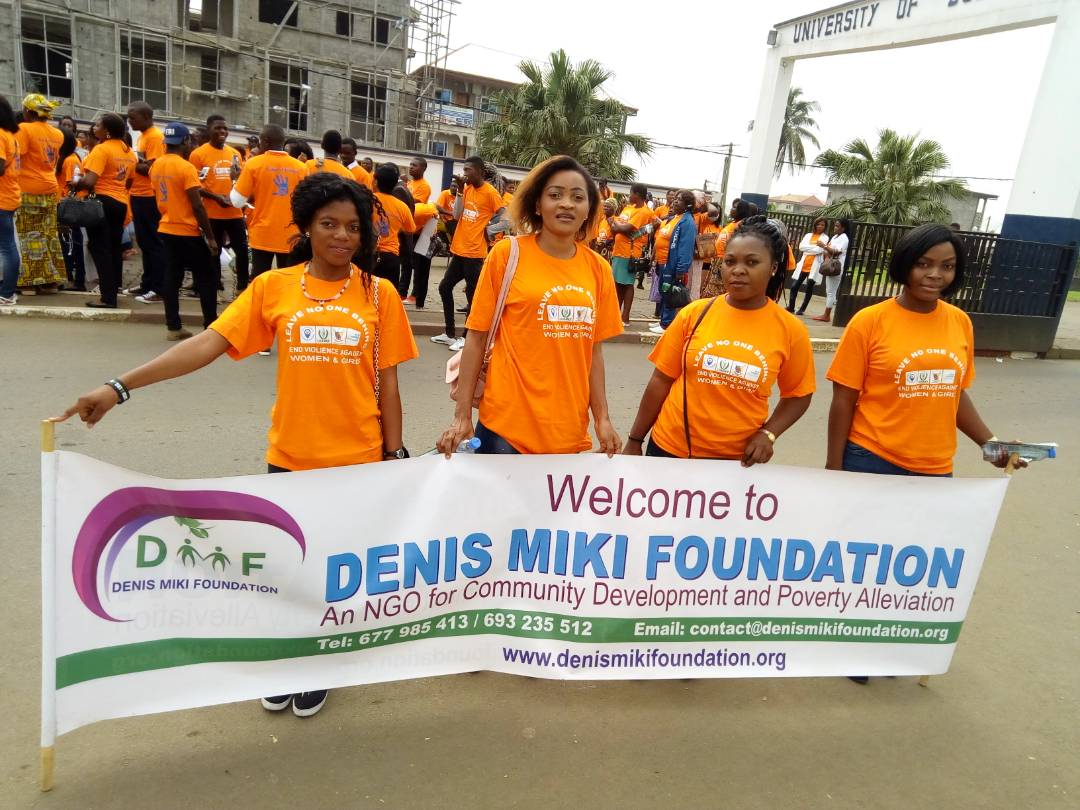WHAT WE DO
DMF mobilizes community members of the communities they work with, to come together to take collective action and generate solutions to common problems. The aim is to get community wellbeing (economic, social, health, education, environmental and cultural) at the grassroots level following the Human Development Index.

Community Development
Poor rural and urban communities remain in high rates of poverty and under-development. DMF’s community development projects seek to empower the people and their communities and give them access to some necessities for their empowerment and advancement. DMF is dedicated to providing poor communities with the tools to create bright futures for themselves.
Our community programs provide resources to further economic opportunities and advance human rights, creating space for individuals to pave personal paths out of poverty. DMF mobilizes community members of the communities they work with, to come together to take collective action and generate solutions to common problems. The aim is to get community wellbeing (economic, social, health, education, environmental and cultural) at the grassroots level following the Human Development Index. Through inclusive development DMF aims to average achievements on income and non-income dimensions of wellbeing to improve and inequalities in these achievements to fall. DMF moves from just growth to inclusive development and this involves two steps –a move to evaluate the distribution as well as the average level of wellbeing along any dimension considered, and a move to include dimensions other than income in the assessment of performance. Looking at a particular policy instrument (e.g. investing in infrastructure) from an inclusive development perspective means paying attention to the outcomes beyond income and the distribution of these outcomes.
